

.jpg)
Austria does not offer official statistics about abortions. Estimates speak of 30,000 a year.
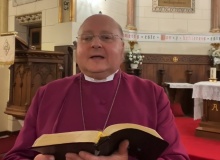
Commenting on the decision of other national churches would be “disrespectful”, says Bishop Carlos Lopez of the IERE.
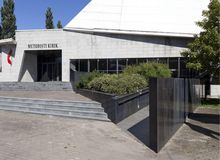
The decision was taken at a special online session with 40 votes in favour, 20 against and 2 abstentions. It won’t be finalized until 2025.
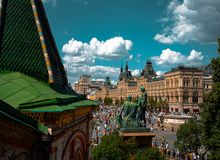
Several people were fined for quoting "Thou shalt not kill" publicly. Parliament passed a draft law to punish the spreading of “false information” about Russian army.
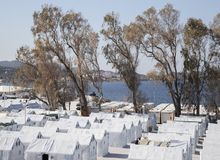
Irene Lopez, a Christian teacher at the school in Mavrovouni camp in Lesbos, analyses the current situation of refugees and their needs.

Women from the European Council for Theological Education join to share and encourage each other. Plans for developing a network are underway.
.jpg)
A family from Chernihiv (Ukraine) has been staying at Rosa’s home in Northern Italy for a year now. “For the girls, I’m their Italian grandmother”.
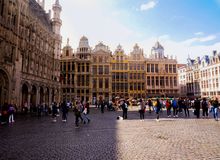
Almost 3,000 people requested euthanasia in 2022. Most were over 70 and had terminal cancer, but 17% “were not expected to die in the foreseeable future”, says official report.
.jpg)
The Prime Minister, Rishi Sunak, accepts the proposal to review “inappropriate” materials as asked for by a Christian parliamentarian.
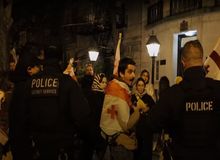
The protests helped reverse a 'foreign agent' law that would have had a negative impact on churches, say evangelicals in the Eastern European country.

A new project fosters relationships between churches in rural areas of Great Britain. This large mission field needs passionate leaders and long-term commitment, says Tim Wilson.
.jpg)
Several Christian voices in the United Kingdom criticise the Illegal Migration draft law presented by the government. They ask to “talk frankly and listen carefully” instead of “fanning anti-immigration flames”.
.jpg)
As the debate around abortion and euthanasia resurfaces in Spain, over 500 groups and thousands of families marched to “protect the life of the most vulnerable”.
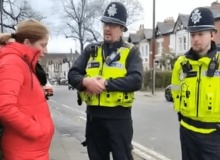
The director of the March For Life UK was arrested again near an abortion facility, 3 weeks after being acquitted for the same incident.
.png)
The shooter entered the religious service in the city’s main Kingdom Hall. The attacker, who killed himself, was a former member of the group and had acquired the weapon legally.

Over 200 bookshops and other organisations take part in a project to raise interest in the Bible.
.jpg)
The mainline EKD loses 2.9% of its membership in only one year. For the first time, the figure exceeds the number of deaths of members.
.jpg)
On the International Women’s Day, the Seneca Falls platform in Spain underlines that “the Bible condemns inequality, machismo and all kind of violence against women”.
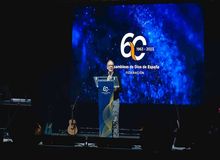
It is the evangelical denomination with the largest presence in Spain. Its annual congress was themed “In His Presence, towards greater things”.
.jpg)
The church that Kévin pastors in Montbéliard opened its doors to a grandmother, a mother and two teenagers. A few kilometres away, Delphine welcomed 4 other women.

St Helen's Bishopsgate church says “there is no long-term security for Church of England evangelical churches”. St Ebbe's clergy states that they “are in impaired communion with the bishops in our diocese”.
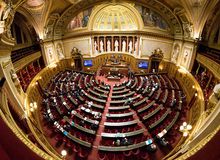
French evangelicals welcome the motion. “It constitutes an urgent first step in the face of an inescapable challenge for our society”.
.jpg)
The debate in Scotland around the candidacy of evangelical Kate Forbes shows that orthodox Christian values such as heterosexual marriage are viewed as disqualifying for political leadership.
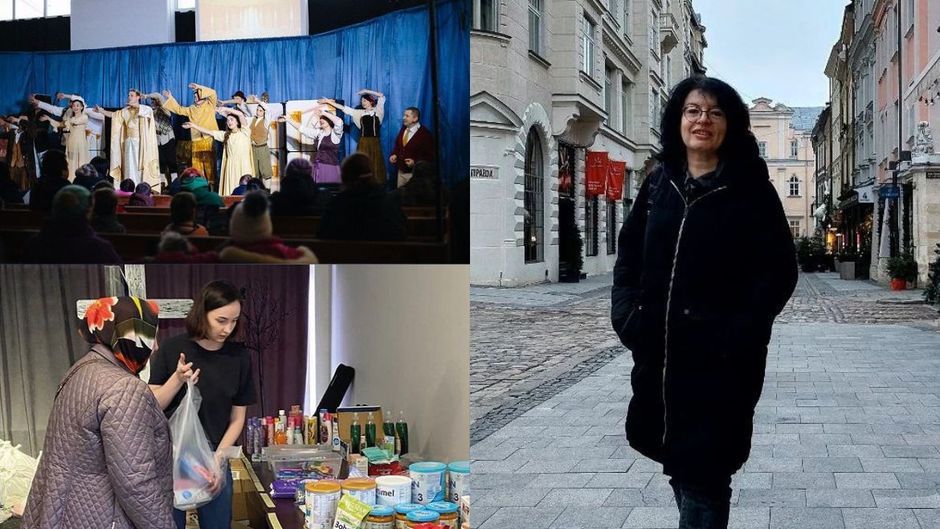
An evangelical worker in Ukraine describes the situation there, one year after the Russian invasion. Despite much pain and tears, they see “the hand of God”.
.jpg)
The regime of Lukashenko, a key ally of Russia, continues to jail those who dared to demand freedom and more democracy in the 2020 protests.

Las opiniones vertidas por nuestros colaboradores se realizan a nivel personal, pudiendo coincidir o no con la postura de la dirección de Protestante Digital.